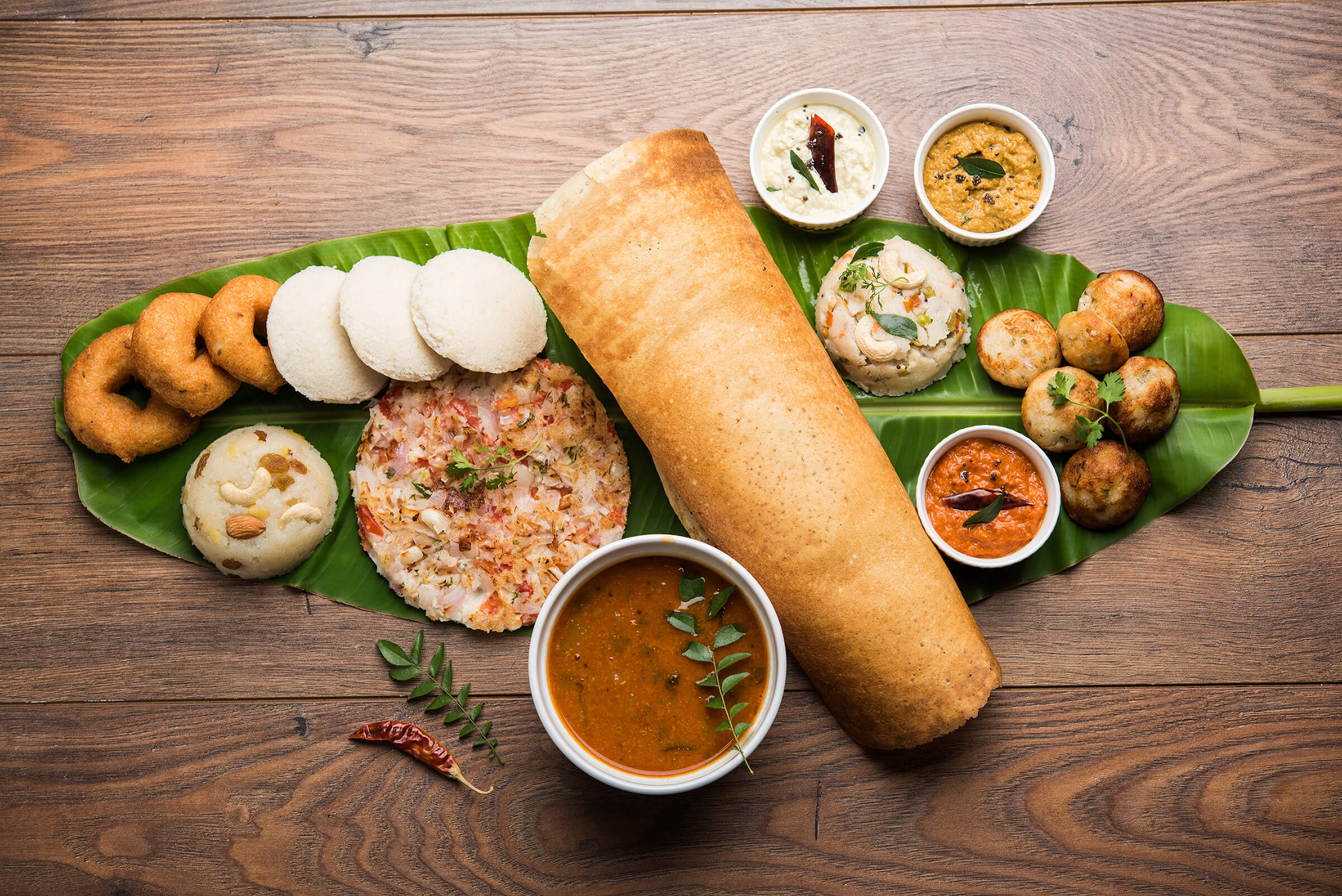7 September 2019
The rise and fall of Saravana Bhavan
In the ‘90s, a new concept called “High Class Vegetarian” Hotel emerged and the author of that was HSB (Hotel Saravana Bhavan). It was mass dining, but the quality of food was outstanding. The high quality ingredients used, and the excellent service standards attracted the middle class population who were full of aspirations. The hotel discouraged “Tips” to their employees and the waiters never waited for you to pay them, their sole objective was to serve good food and clear the way for more customers. I still remember one of my friends commenting that the tissue paper near the wash area, never ran out. The pricing was very smart as it wasn’t cheap but the hotel managed an image that did not put them in the expensive bracket, it was “affordable pricing”. They dominated with some of their signature dishes: Adai Aviyal, 7 taste Oothapam, Mini Idli, Mini Coffee.
Saravana Bhavan expanded rapidly with branches surfacing in almost all areas of Chennai and abroad. There was always news of a new branch opening in the US, Dubai, London splashed across the Hotel’s bill boards. The dining gave a positive experience to customers as the management rolled out unbelievable packages to their staff which included foreign trips, retirement benefits, education and housing support, etc. A large, framed picture of “Benefits to our employees”, decorated the walls of every Saravana Bhavan. Images of Gurus along with Lord Murugan pictures decorated every branch and there was a bowl of “Vibuthi” (holy ash) and “Kumkum” at the cash counter. HSB had a consistent image with all the branches having similar sign boards inside the dining area, and white uniform for all their staff.
In the mid ‘90s the hotel brought in a new concept of “Fast Food Counters” that enabled customers to experience quick self-service. Brand HSB was so powerful that anyone visiting Chennai would never miss a visit to the hotel . The taste of Chennai was Saravana Bhavan’s Dosa with Coffee. Even now, there are a set of strong spokesmen for their Coffee. HSB’s Radhakrishnan Road branch started off this unique service of “Coffee for Morning Walkers” at around 6am. One could see enthusiastic walkers crowding the hotel in the wee hours.
HSB ventured into fine dining through “pay by weight” concept. While the thought was new but the patronage wasn’t great for this idea, however this enabled them to push their pricing further. Branches like Mylapore, T Nagar, Pondy Bazaar, Anna Nagar, Peters Road too added the fine dining sections into their portfolio.
While their growth story was comfortably cruising a few uncomfortable negative stories started surfacing – “Annachi”, the owner of HSB got involved in a murder case that revolved around a woman. This fuelled many more such cases / rumours against the man who was scripting the success story of a global food chain. But then, never once during those days was Saravana Bhavan quality questioned.
Competition came in the form of Murugan Idli, Sangeetha, Annapoorna who started their ventures in the capital. But they were struggling to gain mind space as every dish of theirs was compared with Saravana Bhavan. (Murugan idli managed a unique taste for sambar over time). But customers slowly but surely began getting their choices.
HSB moved with brisk pace in signing up with malls, setting up an outlet in Chennai Central, strategically locating an outlet closer to Airport etc., thereby giving customers enough opportunities to experience.
Around the beginning of the new millennium, many food brands started surfacing in the Vegetarian Food market : Madurai Meenakshi Bhavan, Ratna Café, Murugan Idli, Sangeetha, Adyar Anandha Bhavan, Mathsya, Ramas, Grand Sweets, Sri Krishna Sweets, and many other smaller players. The market got heated up and more players started filling the gaps.
Swiggy and Uber eats changed the food business dramatically. Most of the leading brands got into the platform, but Saravana Bhavan didn’t, for reasons only known to them.
Service Standards of HSB begun to slide as customers realised that they could demand more. Unfortunately, the brand that was aggressively marketing itself through new formats, branches, snack varieties etc., stopped its thinking process. The employee welfare schemes started to fade and we could witness attrition among staff, the familiar faces were missing at the hotel. By now, the staff have started accepting “tips” and the management did remove their “No tips Please” boards. The confident supervisors were no longer confident. HSB that was once away from Media, went on to advertise across mediums rather desperately. With bill boards starting to announce cost effective food combos – the desperation was visible. The staff who were earlier mute spectators to customer’s orders, started suggesting exotic and expensive food items.
Today, we walk into any HSB outlet there is a feel of emptiness even during peak dining hours. Customers hesitate to walk in to Saravana Bhavan as the truth is out and it has even crossed the Chennai shores. The quality of food and service has become highly subjective, so much so that while ordering a cup of coffee it is advisable to specify the waiter “Please bring it hot”.
Learnings
As regards to a service brand’s deterioration, when and what went wrong is difficult to peg.
A service brand needs to be always on an evolution mode
Service brands should quickly learn and adapt from competition, however small they are.
Adapt new technologies faster.
The employee motivation/ welfare schemes should keep improving as they are the face.
Reputation management should be a constant affair.
Communication with loyal customers need to be a part of the calendar.
Subbu P
Vice President,
OTS Advertising




